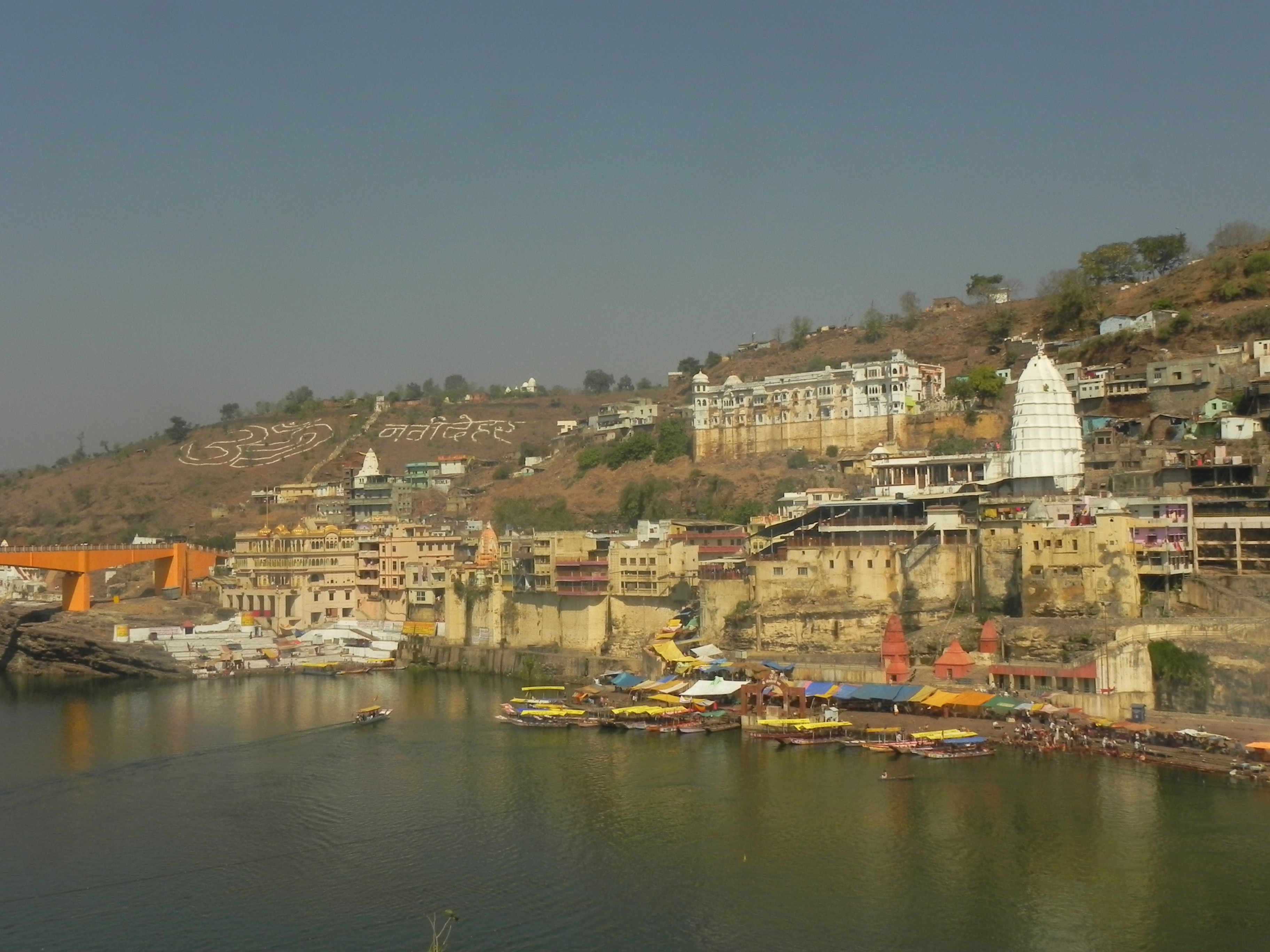Celebrating the Sacred Waters: The Narmada Pushkaram Festival
Category : Spiritual Knowledge |
![]() Posted on 23 February 2024
Posted on 23 February 2024

The Narmada Pushkaram festival is a remarkable event that embodies the deep spiritual and cultural ethos of Hindu tradition. This grand festival, celebrated once every 12 years along the banks of the Narmada River, is not just a religious congregation but a testament to the timeless reverence the river has commanded in Hindu culture. Spanning 12 days, the festival draws devotees from across the country to partake in rituals, prayers, and offerings, creating an ambience of devotion and sanctity.
Historical and Cultural Significance
The Narmada River, often referred to as the "Lifeblood of Madhya Pradesh and Gujarat," holds a significant place in Hindu mythology. It is believed to be one of the seven holy rivers of India, with the ability to cleanse all of the sins of a person. The Narmada Pushkaram celebrates this divine attribute of the river, occurring once in every 12 years, aligning with the celestial positions believed to increase the purifying powers of the river.
This festival is deeply rooted in the Hindu belief system, emphasizing the importance of rivers not just as physical entities but as spiritual sanctuaries. The 12-day celebration symbolizes the 12 years cycle of Jupiter, which is thought to have a profound impact on the spiritual energy of Earth.
Significance of the Narmada River in Hindu Culture
The Narmada River is revered for its purity and sanctity in Hindu culture. It is said that a dip in the holy waters of the Narmada absolves one of their sins and facilitates Moksha, the liberation from the cycle of birth and rebirth. The river is also worshipped as a living deity, with numerous legends and tales emphasizing its divine origin and powers. Its significance is such that it is often called the "Giver of Pleasure."
Donations and Offerings
Each day of the Narmada Pushkaram festival is dedicated to specific rituals and offerings, aimed at appeasing the gods and ancestors. Devotees engage in charitable acts, including feeding the needy, donating clothes, and offering prayers for the departed souls. These acts of generosity are believed to bring blessings and good fortune. The donations vary each day, focusing on different deities and ancestral spirits, reinforcing the spiritual depth of the festival.
Temples Associated with Narmada Pushkaralu
The festival is closely associated with several ancient temples located along the banks of the Narmada. These temples, many of which are architectural marvels, become focal points for the celebrations. Prominent among them are the Omkareshwar temple, dedicated to Lord Shiva, and the Maheshwar temple, which stands as a testament to the cultural heritage of the river. These temples not only serve as sites for religious rituals but also as cultural landmarks that attract pilgrims and tourists alike.
Prominent Ghats
The Narmada Pushkaram is celebrated at various ghats along the river, with each ghat offering a unique spiritual experience. The Gwarighat in Jabalpur, Omkareshwar Ghat, and the Maheshwar Ghat are among the most prominent ones. These ghats are prepared extensively for the festival, adorned with lights and flowers to welcome the devotees. The serene atmosphere of the ghats, combined with the rhythmic chants and rituals, creates a mesmerizing experience.
Rituals and Prayers
During Narmada Pushkaralu, devotees engage in various rituals and prayers to seek divine blessings and spiritual purification. Some of the prominent rituals include:
- Teertha Snanam (Holy Bath): Bathing in the sacred waters of the Narmada River is believed to cleanse devotees of their sins and bestow spiritual merit.
- Tarpana and Pinda Dana: Devotees offer prayers and make offerings to their ancestors, seeking their blessings and liberation.
- Shraddha: Special rituals are performed to honor departed ancestors, ensuring their well-being in the afterlife.
- Devotional Singing and Discourses: Spiritual discourses, devotional singing (bhajans), and cultural programs are organized to promote spiritual growth and divine communion.
In conclusion, the Narmada Pushkaram festival is a vibrant celebration of faith, tradition, and the enduring cultural legacy of the Narmada River. It brings together thousands of devotees in a shared spiritual journey, reinforcing the sacred status of the river in Hindu culture. Through its rituals, offerings, and prayers, the festival not only honors the divine essence of the Narmada but also fosters a sense of unity and devotion among the participants, making it a truly divine experience.

